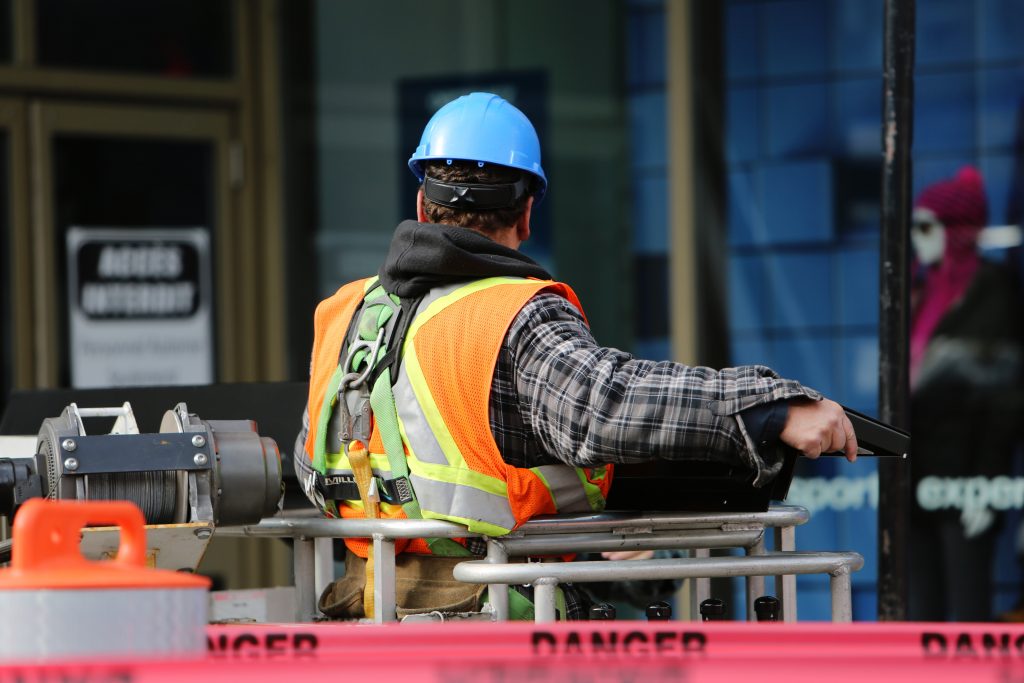Anyone with experience of training lone workers often notice they are happy to divulge the full details of a serious incident during a training session, but are quite reluctant to report the matter to supervisors.
The most common reasons for this unwillingness to share vital information may be briefly summarised as follows:
- Belief that nothing much will be done about it
- Reporting incidents may suggest you aren’t up to the job
- Reporting is too complex or time consuming
- Uncertainty about what should be reported
In order to improve safety arrangements, these points need to be carefully addressed by organisations to ensure that staff are not discouraged from reporting potentially serious issues which supervisors may be unaware of.
The bottom line is – if staff don’t report incidents, managers can’t complete a comprehensive risk assessment and colleagues may become future victims as a consequence.
How to encourage lone workers to share their experiences:
- Ensure staff know what needs to be reported
- Ensure staff understand why reporting is so important
- Make reporting a very simple task
- Thank staff for reporting any incident
- Give sympathetic support to victims
- Provide feedback to reporters after investigating the incident
Establishing better communications with vulnerable staff helps to mitigate risk and combined with a lone worker monitoring system can greatly improve your organisations safety arrangements.
